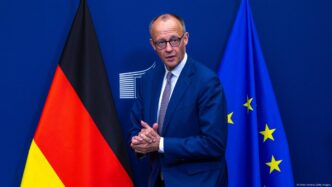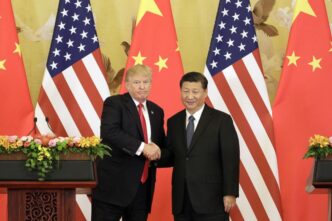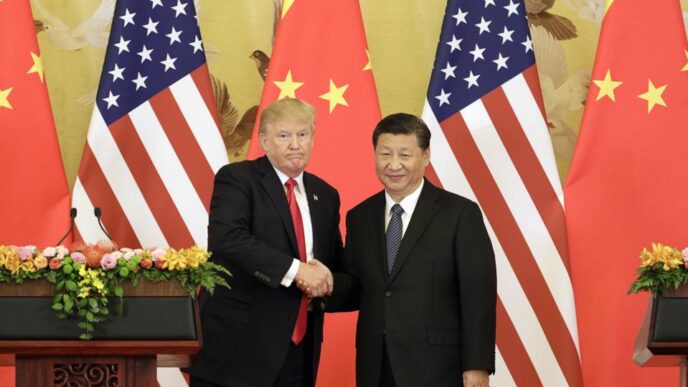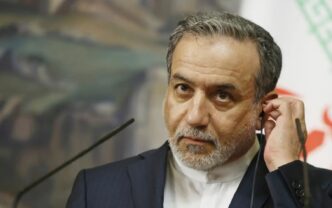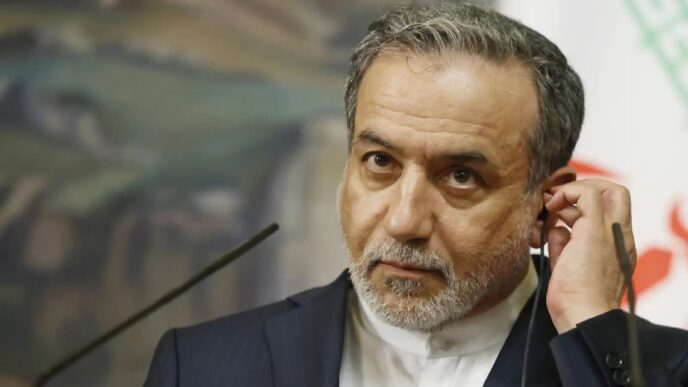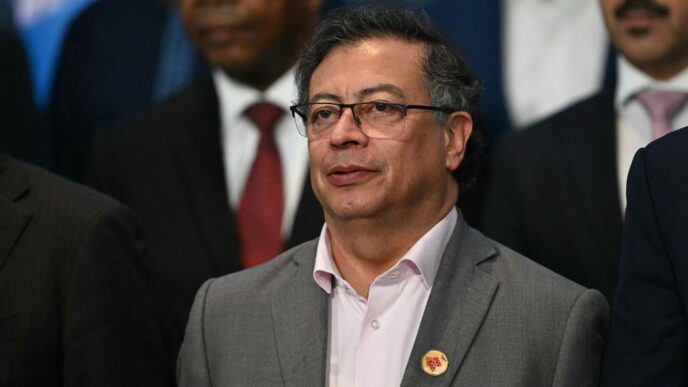German Chancellor Friedrich Merz has stated that the European Union (EU) is currently unable to meaningfully shape developments in the Middle East, even if it wished to do so, Anadolu reports.
In an interview with the Frankfurter Allgemeine Zeitung published on Saturday, Merz said, “We are witnessing the temporary end of a rules-based, multilateral order grounded in international law. We are in a phase in which the law of the strongest prevails in many places. Nevertheless, accusations directed at the European Union are misplaced. Even if we had wanted to, we would not have been able to decisively influence events in the Middle East.”
He questioned Europe’s military and diplomatic capacity to intervene, asking, “Who in Europe has bunker-busting weapons to stop Iran’s nuclear weapons program? Who has the means to force the warring parties to a ceasefire? Who among us has the means not only to threaten Hamas with disarmament but also to enforce it if necessary? We are in a phase of transition to a time in which strength will once again play a greater role and rules-based agreements will fade into the background.”
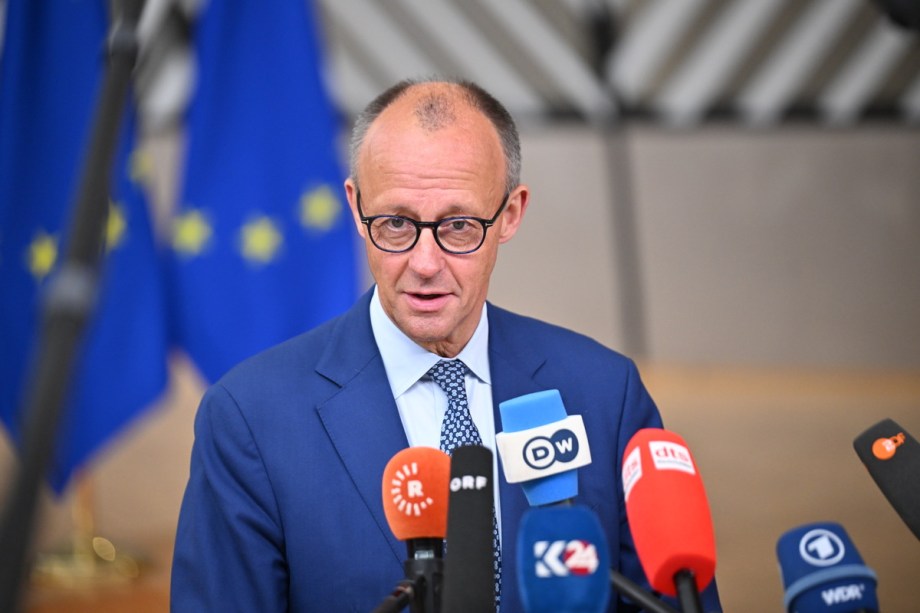
However, Merz emphasised that the EU still has opportunities to make an impact in the region.
“We don’t push ourselves into the spotlight, especially not just as donors. We have opportunities to exert influence in the region—politically, diplomatically, and certainly financially,” he said.
He added that Germany holds a unique position in maintaining strong ties with both Israel and the Arab nations.
“We are probably the only European country that can work in very good harmony with both the Israeli government and the Arab states. “It is always clear that we are not a neutral mediator but stand firmly by Israel’s side,” Merz noted.
A firm supporter of Israel, the German leader has consistently referred to his country’s “historical responsibility” rooted in the Holocaust, calling Israel’s security a “reason of state.”
Yet that stance increasingly clashes with international law. While several EU members, including France, the UK, Portugal, Belgium, and Malta, have recognised Palestinian statehood, Berlin remains opposed.
Germany has also resisted calls from EU partners to sanction Israeli officials or suspend trade agreements over alleged war crimes.


 Trending
Trending 
